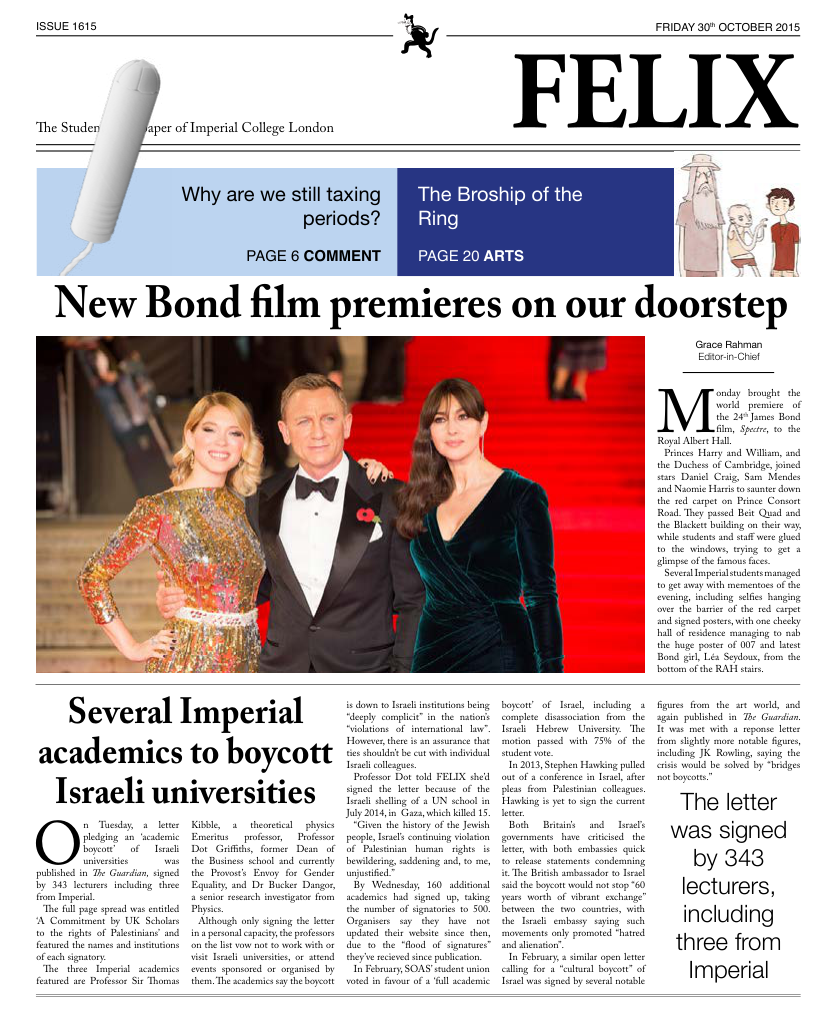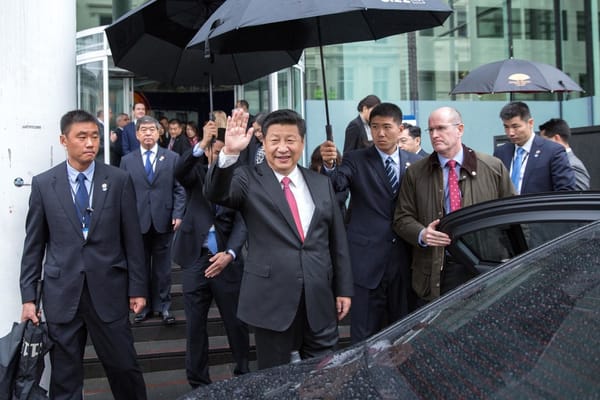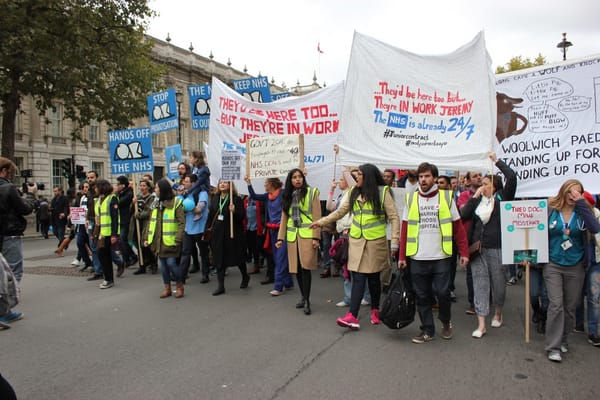Several Imperial academics to boycott Israeli universities
The letter was signed by 343 lecturers, including three from Imperial

On Tuesday, a letter pledging an ‘academic boycott’ of Israeli universities was published in The Guardian, signed by 343 lecturers including three from Imperial.
The full page spread was entitled ‘A Commitment by UK Scholars to the rights of Palestinians’ and featured the names and institutions of each signatory.
The three Imperial academics featured are Professor Sir Thomas Kibble, a theoretical physics Emeritus professor, Professor Dot Griffiths, former Dean of the Business school and currently the Provost’s Envoy for Gender Equality, and Dr Bucker Dangor, a senior research investigator from Physics.
“Given the history of the Jewish people, Israel’s continuing violation of Palestinian human rights is bewildering, saddening and, to me, unjustified.”
Although only signing the letter in a personal capacity, the professors on the list vow not to work with or visit Israeli universities, or attend events sponsored or organised by them. The academics say the boycott is down to Israeli institutions being “deeply complicit” in the nation’s “violations of international law”. However, there is an assurance that ties shouldn’t be cut with individual Israeli colleagues.
Professor Dot told FELIX she’d signed the letter because of the Israeli shelling of a UN school in July 2014, in Gaza, which killed 15.
“Given the history of the Jewish people, Israel’s continuing violation of Palestinian human rights is bewildering, saddening and, to me, unjustified.”
By Wednesday, 160 additional academics had signed up, taking the number of signatories to 500. Organisers say they have not updated their website since then, due to the “flood of signatures” they’ve recieved since publication.
In February, SOAS’ student union voted in favour of a ‘full academic boycott’ of Israel, including a complete disassociation from the Israeli Hebrew University. The motion passed with 75% of the student vote.
In 2013, Stephen Hawking pulled out of a conference in Israel, after pleas from Palestinian colleagues. Hawking is yet to sign the current letter.
Both Britain’s and Israel’s governments have criticised the letter, with both embassies quick to release statements condemning it. The British ambassador to Israel said the boycott would not stop “60 years worth of vibrant exchange” between the two countries, with the Israeli embassy saying such movements only promoted “hatred and alienation”.
In February, a similar open letter calling for a “cultural boycott” of Israel was signed by several notable figures from the art world, and again published in The Guardian. It was met with a reponse letter from slightly more notable figures, including JK Rowling, saying the crisis would be solved by “bridges not boycotts.”









